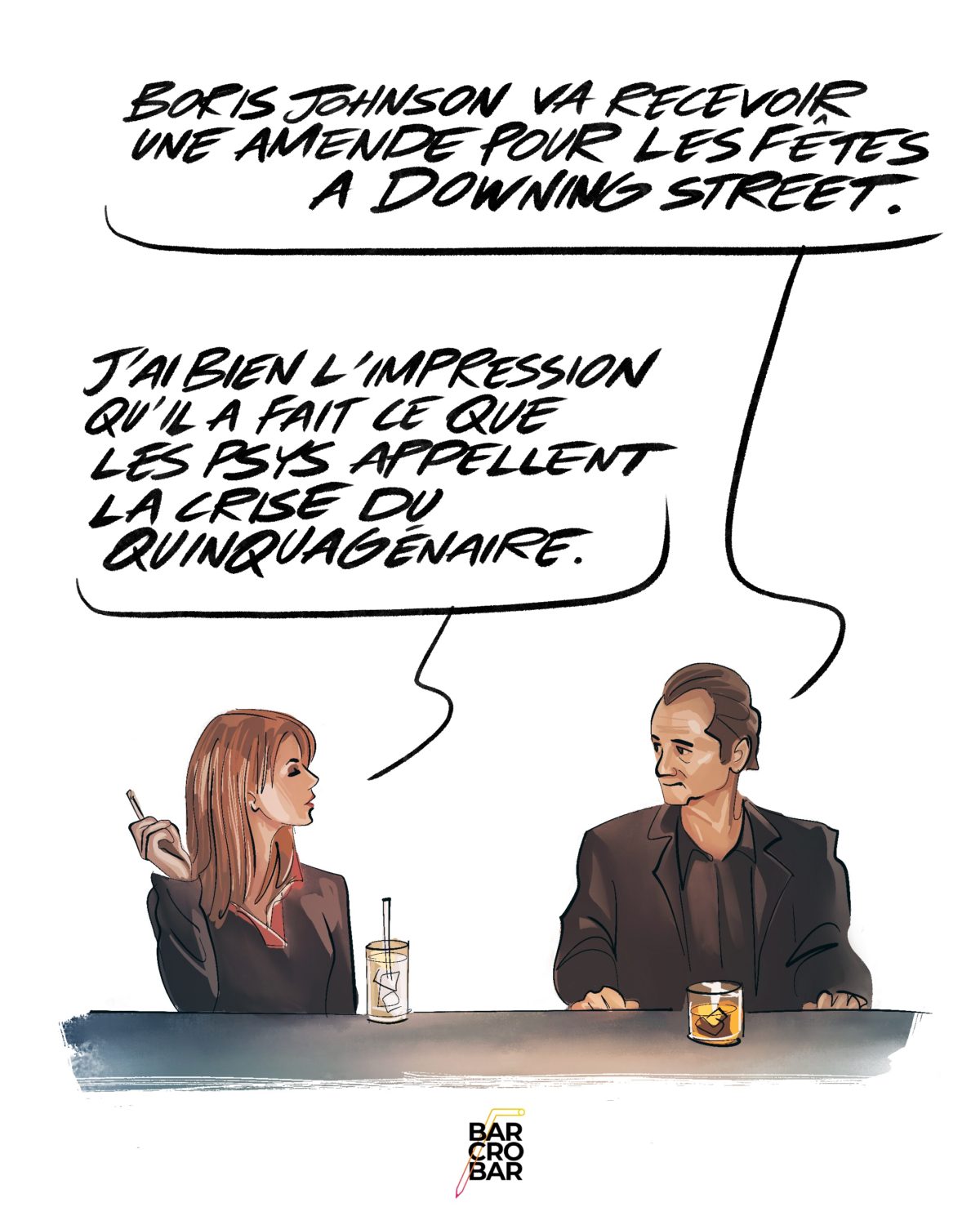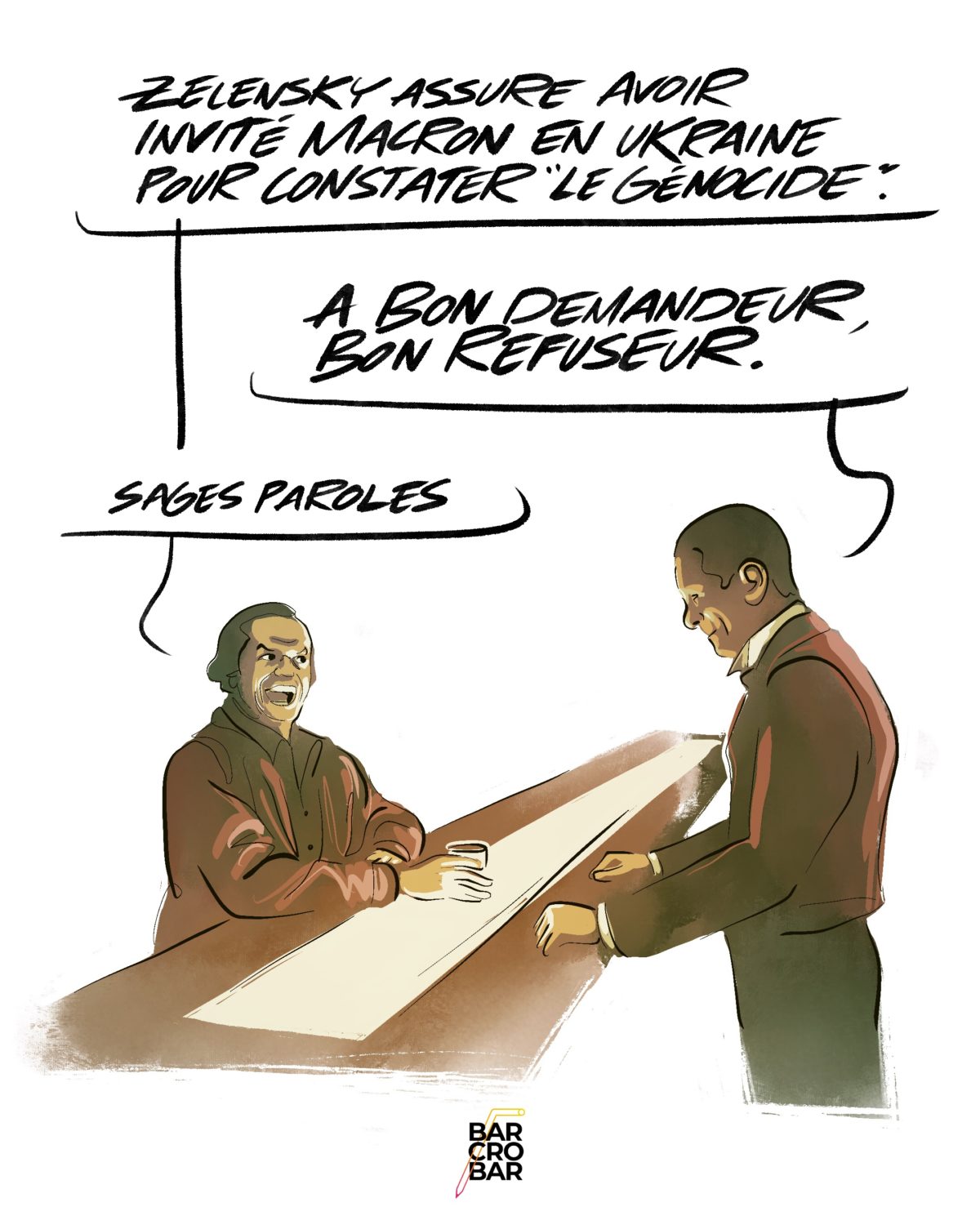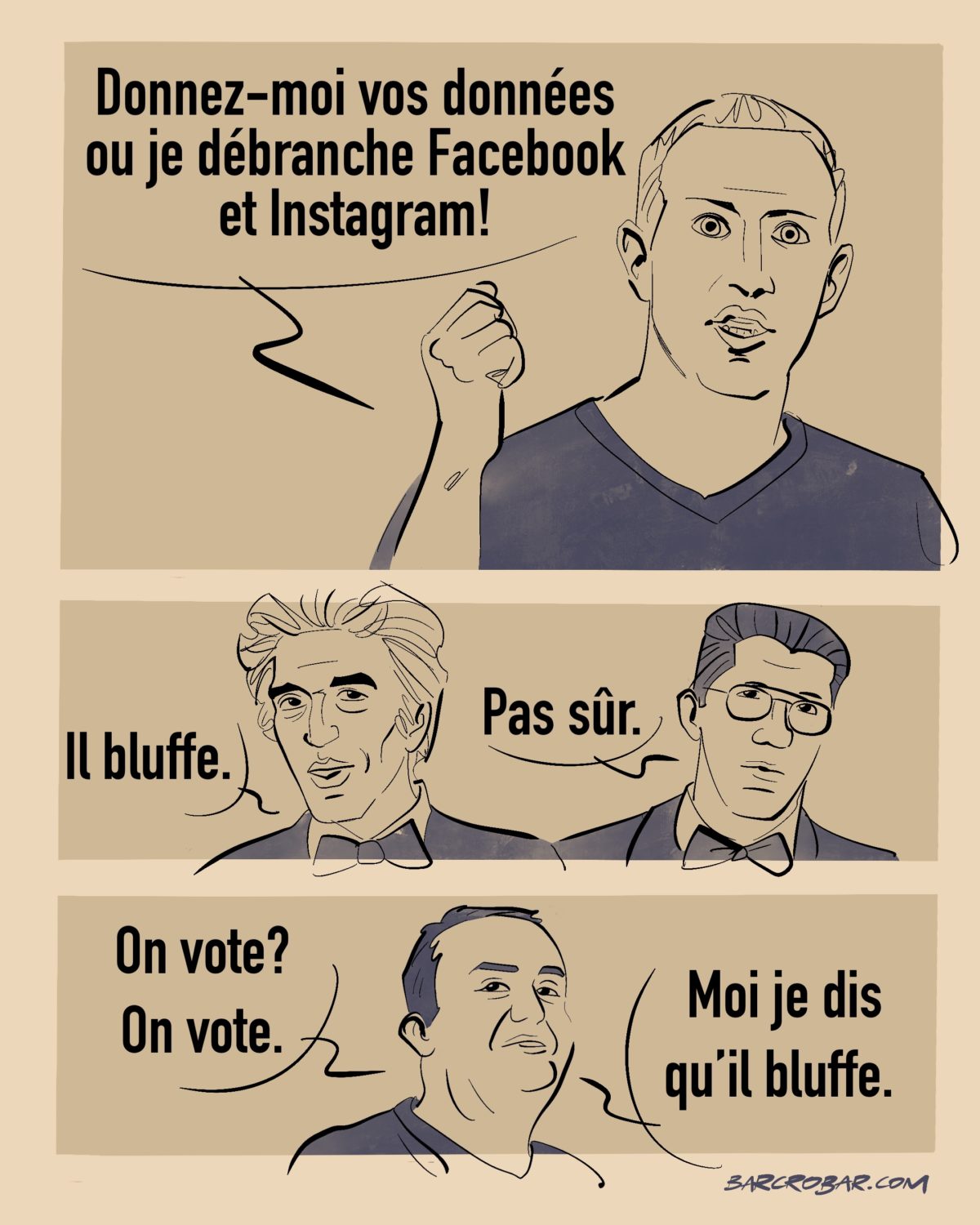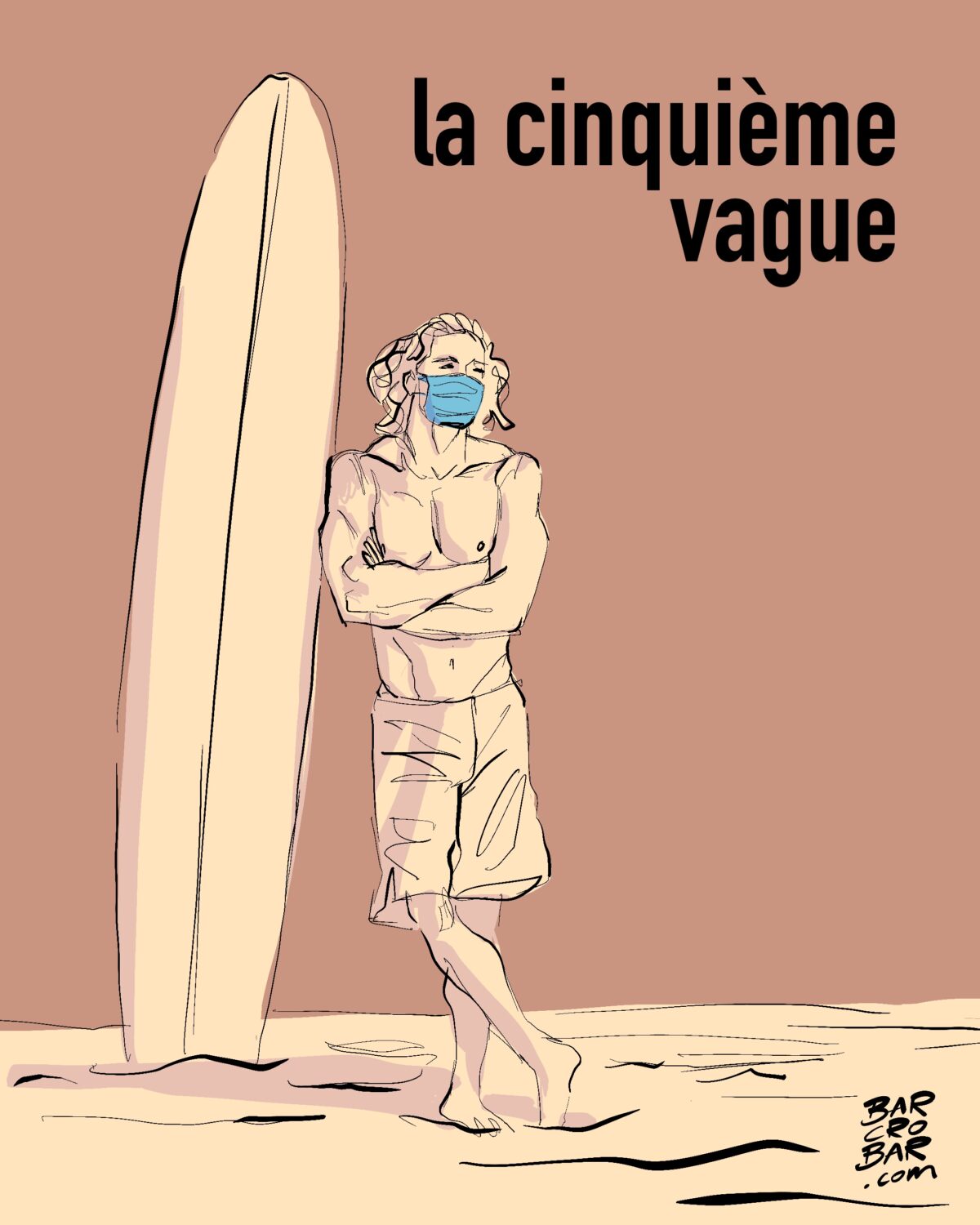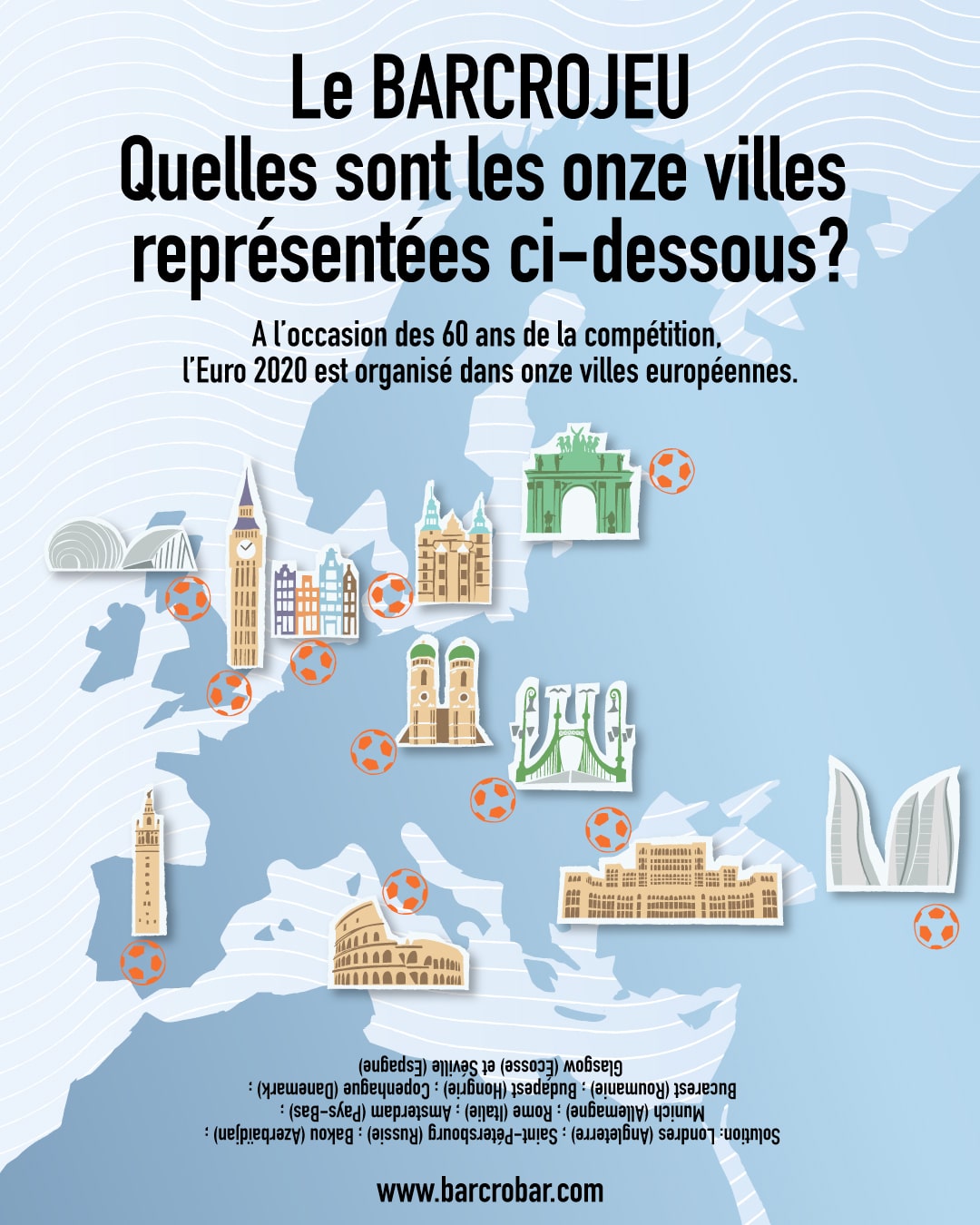UNITED KINGDOM - British Prime Minister Boris Johnson apologised "unreservedly" to Parliament on Tuesday 19 April after being fined for breaching anti-Covid restrictions, without convincing the opposition, which has once again called for his resignation.
Boris Johnson said it "did not occur to him at the time or subsequently" that his attendance at a brief birthday rally in Downing Street in June 2020 "might constitute a breach of the rules" then in force. "That was my mistake and I apologise unreservedly".
Boris Johnson is the first serving British head of government to be fined for breaking the law, and he faces further fines as part of the investigation into "partygate", the name of the scandal surrounding the parties organised in the circles of power during the confinements put in place to combat the pandemic.
The Conservative leader was addressing MPs for the first time since being fined £50 (€60) a week ago for attending the surprise birthday party for his 56th birthday on 19 June 2020. An event lasting "less than 10 minutes", according to him, which also earned his wife Carrie and his finance minister Rishi Sunak a fine.
"I respect the conclusions of the police investigation, which is still ongoing", added the Prime Minister.
On Tuesday, however, he tried to play down the scandal that is infuriating the British people by spending a few minutes talking about the Russian invasion of Ukraine.
"I know many people are angry and disappointed and I feel an even greater obligation to respect British priorities and respond to (Russian President Vladimir) Putin's barbaric attack on Ukraine.
A second wind
For a time on an ejector seat, "BoJo" got his second wind by highlighting his role in the front line of Western sanctions against Russia after the invasion of Ukraine. Many MPs who had called for him to step down now see little point in ousting him from Downing Street in this context.
However, Labour opposition leader Keir Starmer said on Tuesday that the Conservative leader was "dishonest and incapable of change". Boris Johnson is "a man without shame", he said, urging the Conservatives to get rid of their leader and restore "decency, honesty and integrity" to British politics.
The head of government also came in for sharp criticism from within his own camp, with Conservative MP Mark Harper saying he was no longer "fit" to be Prime Minister.
The soap opera seems far from over. The London police, who have already handed out 50 fines, are continuing their investigations and British MPs will be debating on Thursday whether Boris Johnson knowingly misled Parliament - synonymous with resignation under the ministerial code of conduct - by repeating that all the rules had been respected.
The Prime Minister will also have to face up to the conclusions of senior civil servant Sue Gray, who has already criticised "errors of leadership and judgement" in a pre-report. He must also face the verdict of the ballot box in local elections on 5 May.
According to the press, Boris Johnson faces further fines for at least five other festive events.
Downing Street was keen to deny this after new details emerged in the Sunday Timeswho described him serving drinks and giving a speech to mark the departure of his head of communications on 13 November 2020.
According to a survey published on Monday, 72% of those polled had a negative view of the Prime Minister, with the most common term being "liar".
Text by AFP huffingtonpost.fr

